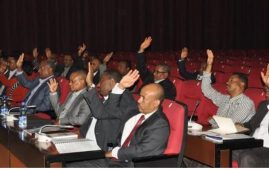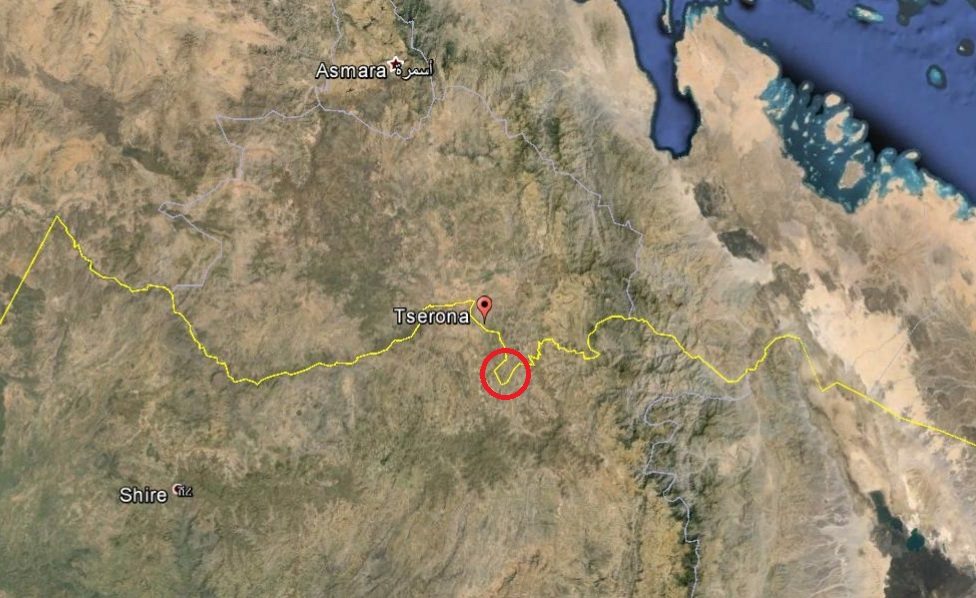On November 15th the EU was sent a letter stating that the Government of Eritrea intended to close all ongoing programmes under the 10th European Development Fund. The letter said this was because the government intended to review and finalize the country’s five-year National Development Plan before cooperating with the EU within the framework of the next European Development Fund cycle starting in 2013. The result is that several ongoing programmes have been immediately cancelled. These included programmes in support of the agricultural sector (providing Euros 37 million), for Community Courts (Euros 5 million), for training of public servants (Euros 3.4 million) and for rehabilitating Asmara’s National Heritage (Euros 5 million). Another 68.3 million euros would not now be distributed. The EU said it did, of course, respect the decision of the Government of Eritrea and stood ready to continue dialogue to agree a joint strategy based on the principles enshrined in the EU-ACP Cotonou Agreement. The EU Delegation in Asmara thanked all those who had been involved in the projects listed “even though it will not now be possible to reap the full benefits for the people of Eritrea that were originally foreseen.” Coincidentally, the Eritrean decision was apparently announced only hours before a scheduled EU-Eritrean Human Rights Dialogue meeting.
In its latest update on Eritrean human rights at the end of September, the UK Foreign and Commonwealth Office noted that the Eritrean government had stepped up its international political outreach, in response to the discussions in the Security Council on tightening sanctions, but it underlined that this had “stopped short of including discussions on domestic issues, including human rights…[the government] refuse to discuss specific cases and put their concern for their national security above human rights.” September 18th this year, of course, marked the 10th anniversary of the detention without trial of 11 leading MPs, officials and senior party members critical of President Isaias. The report adds: “The fate of the 11 is still unclear, although most are thought to have died in captivity.” Also detained were a number of journalists on September 23rd 2001. Their fate is also unknown. The UK in addition to expressing its concern to the Government of Eritrea also supported an EU statement by the EU High Representative for Foreign and Security Policy, calling on the Government of Eritrea to release all political prisoners or at least to give information and access to their families and lawyers as a humanitarian gesture.
Source: A Week in the Horn ofAfrica Dec. 9, 2011 issue.
**************
Check the Eritrea archive for related posts.






3 Reactions on this Article
Comments are closed.
Leave a Comment